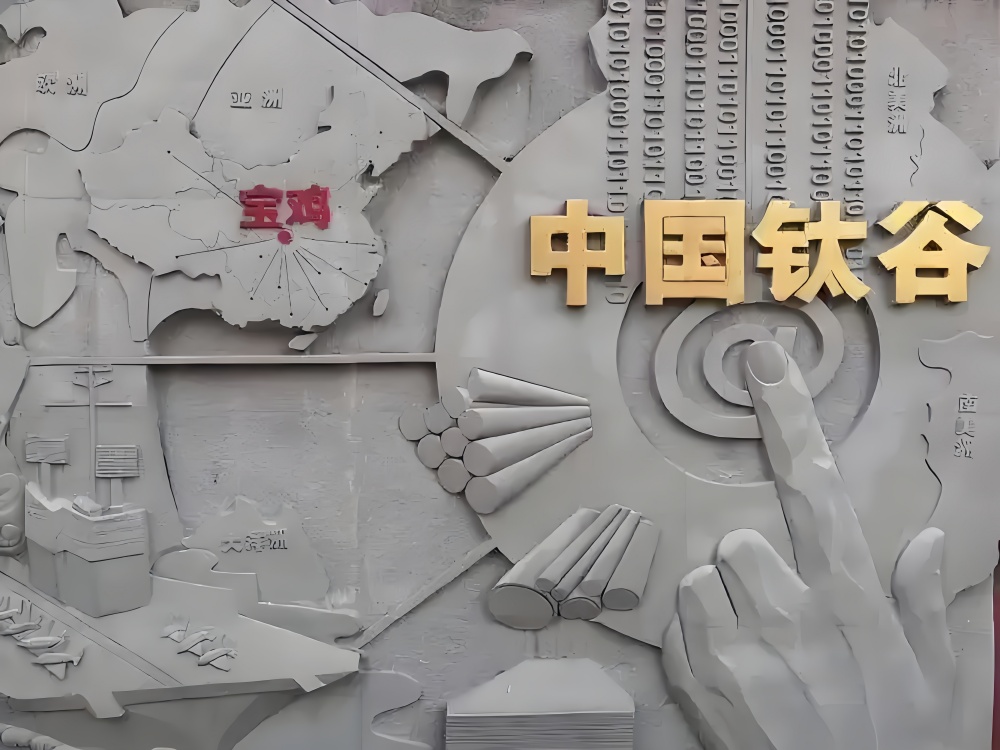
Titanium metal has a reputation of "smart metal", "ocean metal", "modern metal" and so on. The level of titanium industry is an important symbol of comprehensive national strength. China's titanium metal from scratch, from weak to strong, hard work. Today we will review the fate of titanium metal and Baoji.
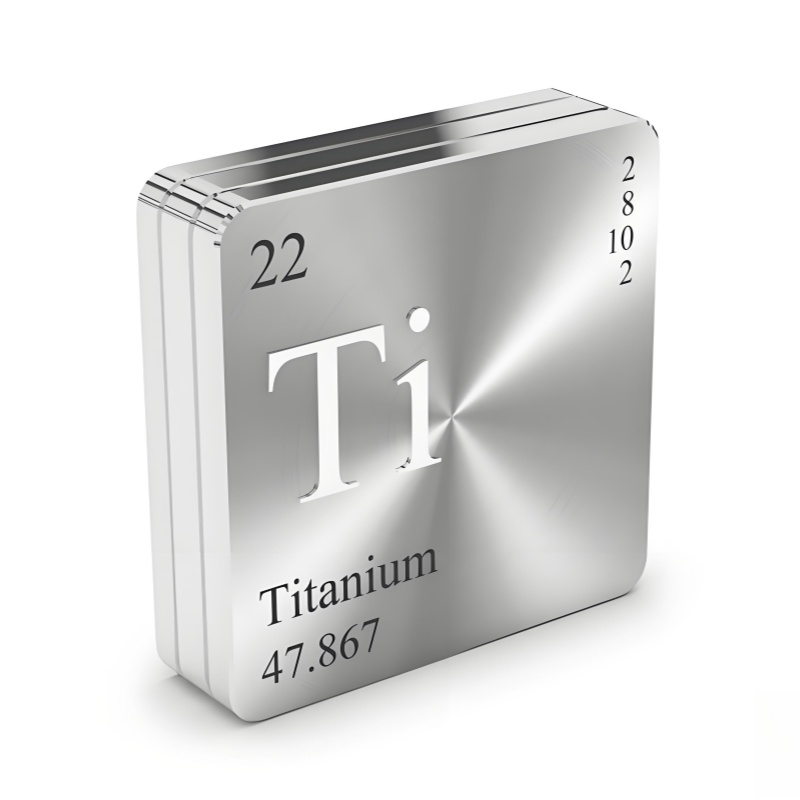
China's titanium metal began in 1953, and the first batch of outstanding personnel went to the former Soviet Union to learn titanium and magnesium production technology. They are the cornerstone of the development of China's titanium industry.
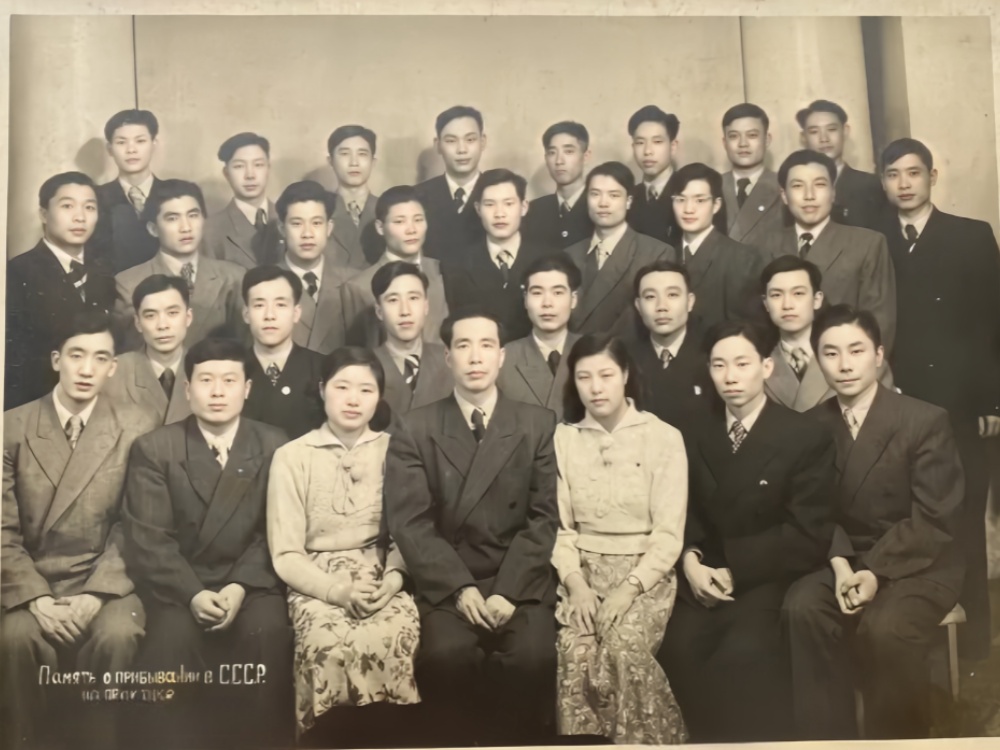
Also in March 1958, Chairman Zhu De inspected the 10kg sponge titanium expansion test site of the non-ferrous Metals Research Institute of the Ministry of Metallurgy and said that "titanium is a very important metal", "comrades have done a lot of work, I hope to continue to work hard to help the country produce."
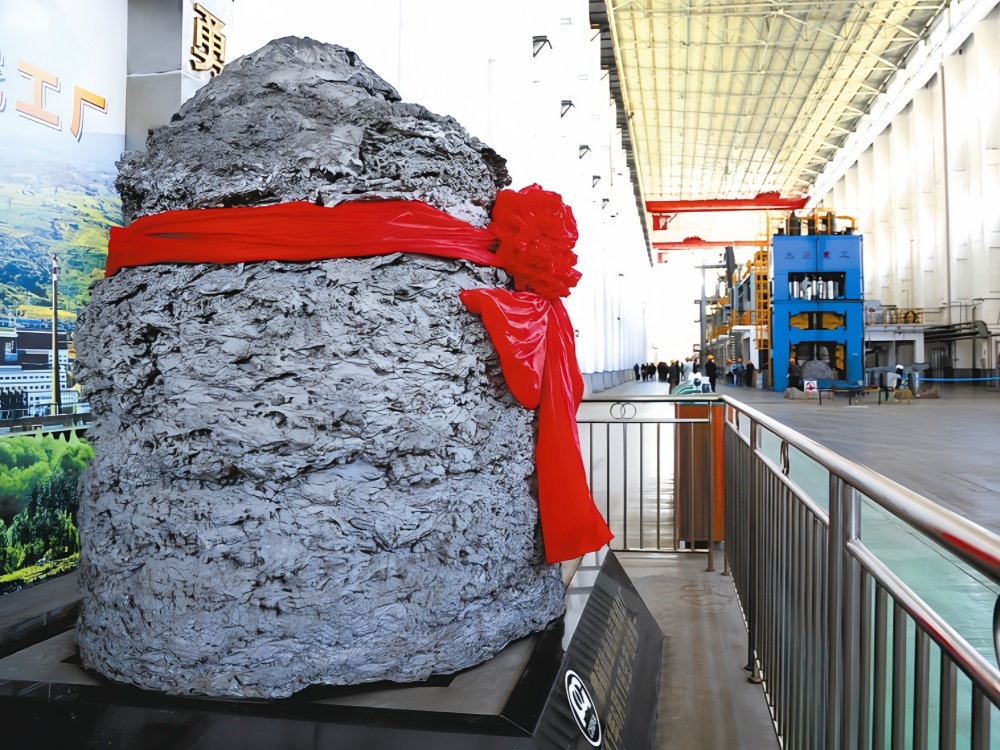
In 1964, in view of the international situation at that time, the Party Central Committee made a strategic decision to "prepare for war and prepare for famine" and build "three major lines". The state decided to build a titanium metal-based rare metal processing R & D and production base in the northwest, that is, to build a 902 plant in Baoji, Shaanxi Province.
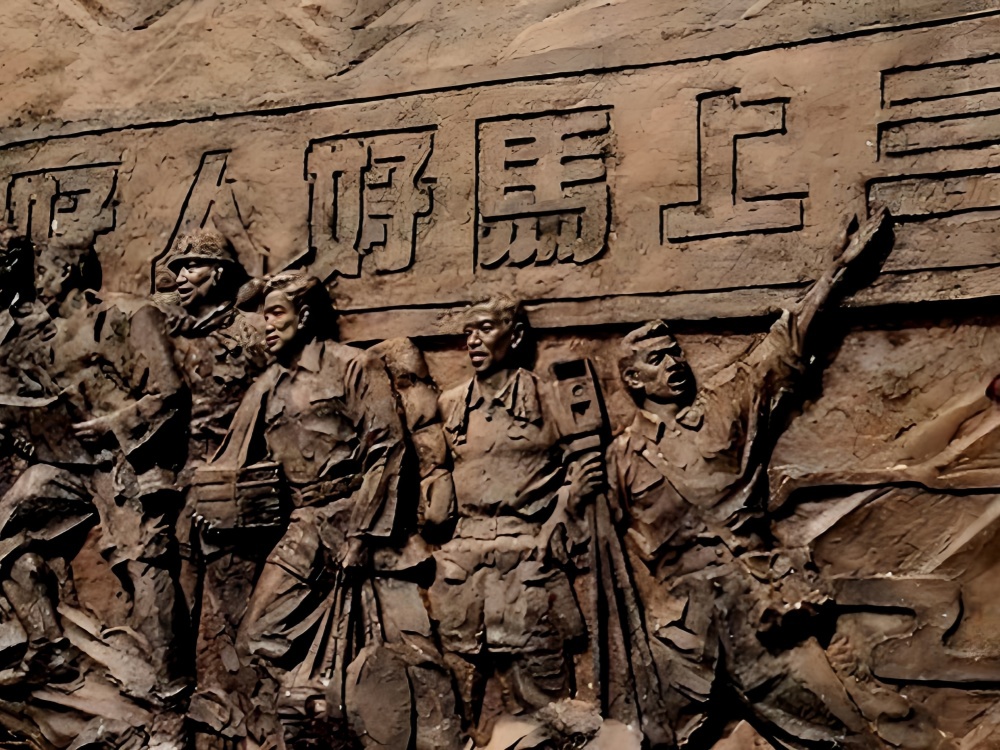
At the beginning, China's titanium production was very small. According to the national directive, titanium is almost all used in the military field. The research and development, production and application of titanium materials are basically in a confidential state.
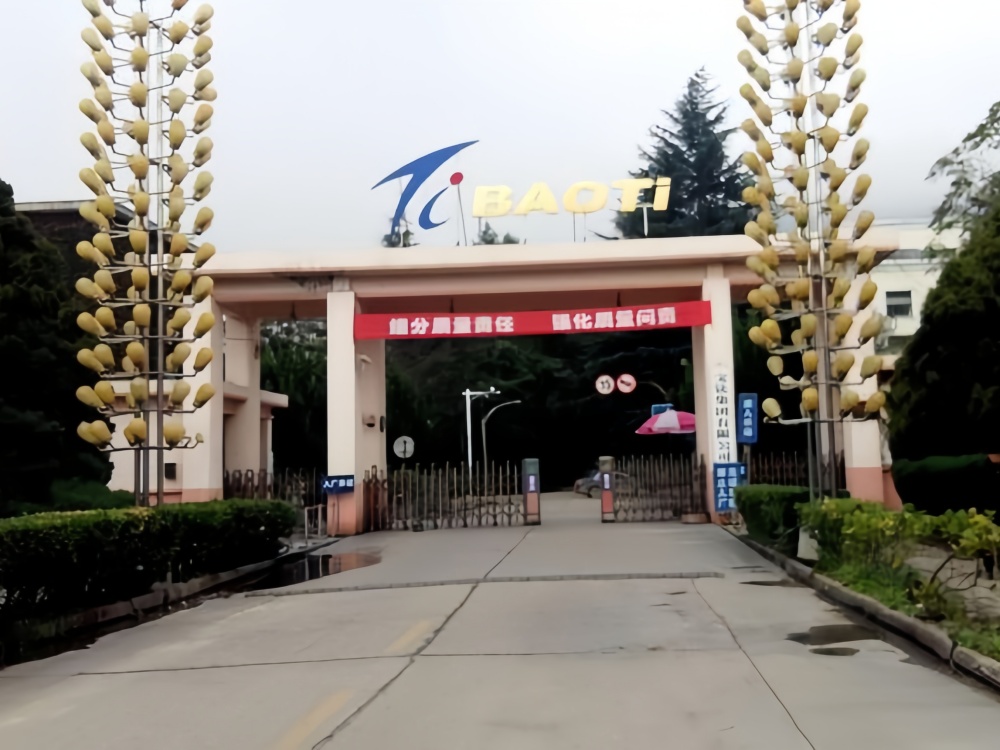
In the late 1970s, after Baoji 902 plant was built and put into operation one after another and formed a larger production capacity, the policy of titanium being completely military was no longer suitable. To this end, the former Ministry of Metallurgical Industry proposed the development policy of "military to civilian, military-civilian combination, and people to support the army", and gradually shifted the market focus of the titanium industry to civilian use.
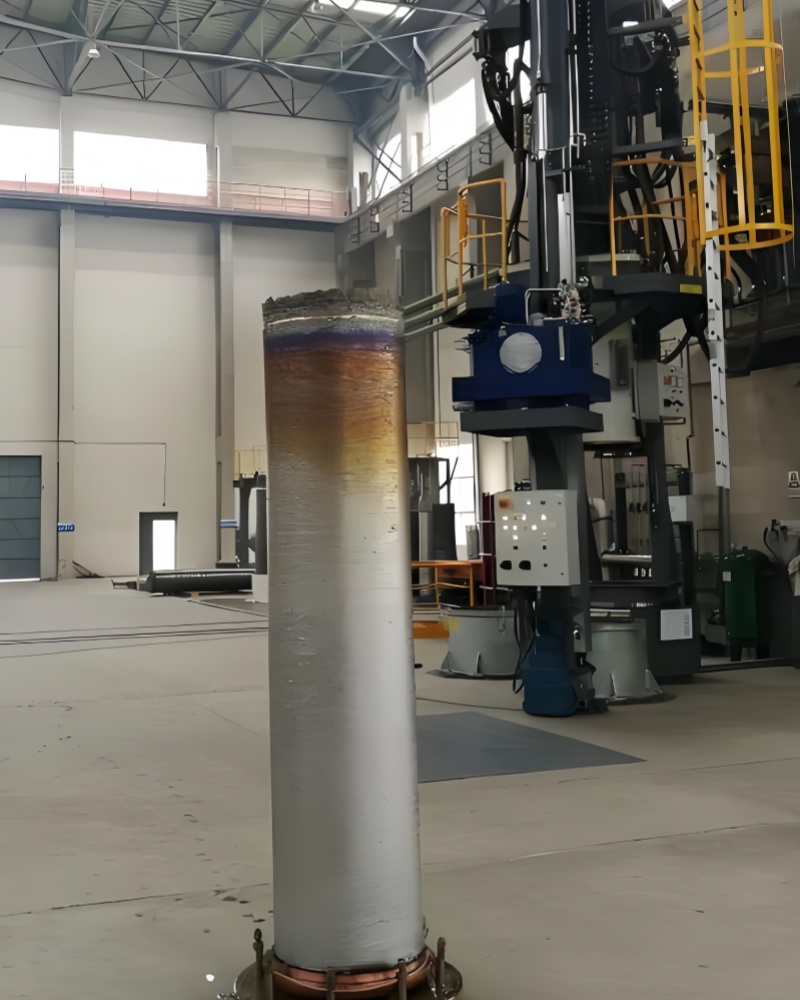
Baoji 902 Factory was renamed Baoji Non-Ferrous Metal Processing Plant in 1972, which was affiliated to the Ministry of Metallurgical Industry of China; In 1983, it was transferred to China Nonferrous Metals Industry Corporation. In 1999, it was managed by China Rare Earth Group Corporation. In 2000, it was placed in Shaanxi Province and affiliated to Shaanxi Nonferrous Metals Holding Group Co., LTD. In 2005, the factory was restructured as Baoti Group Co., LTD.
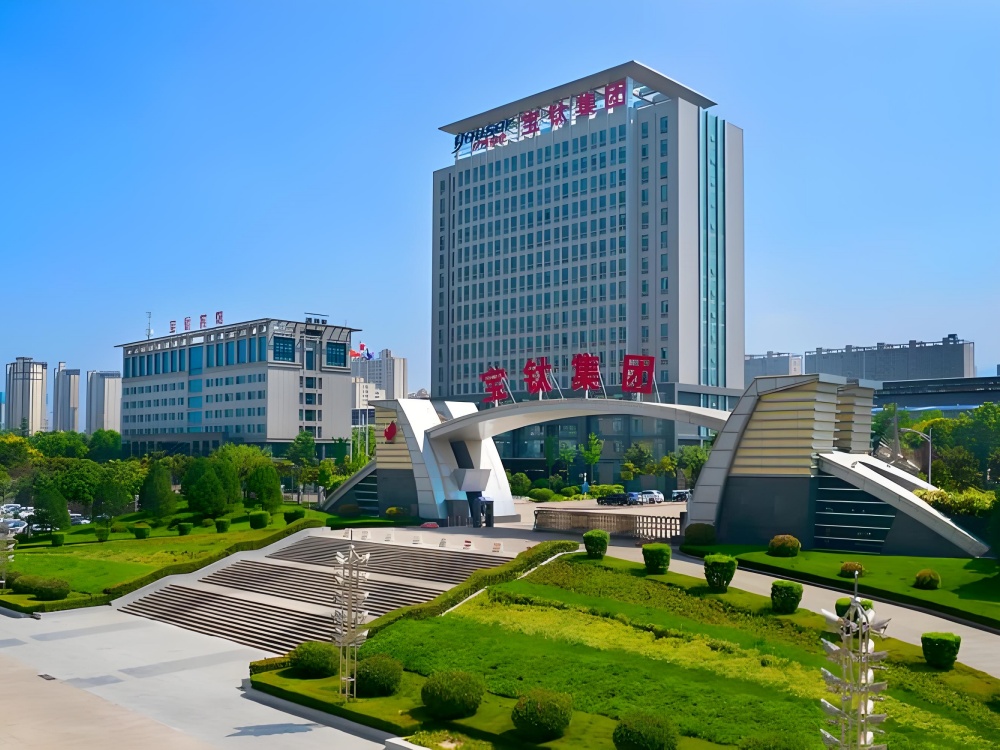
On April 2 and August 10, 1981, Fang Yi, then secretary of the Secretariat of the Communist Party of China Central Committee and vice Premier of The State Council, visited Baoji nonferrous metal processing plant to promote the development of titanium industry and wrote the inscriptions "make full use of materials, do not seek precision without technology" and "Rare metals are the most valuable, and the strategic future is more brilliant".
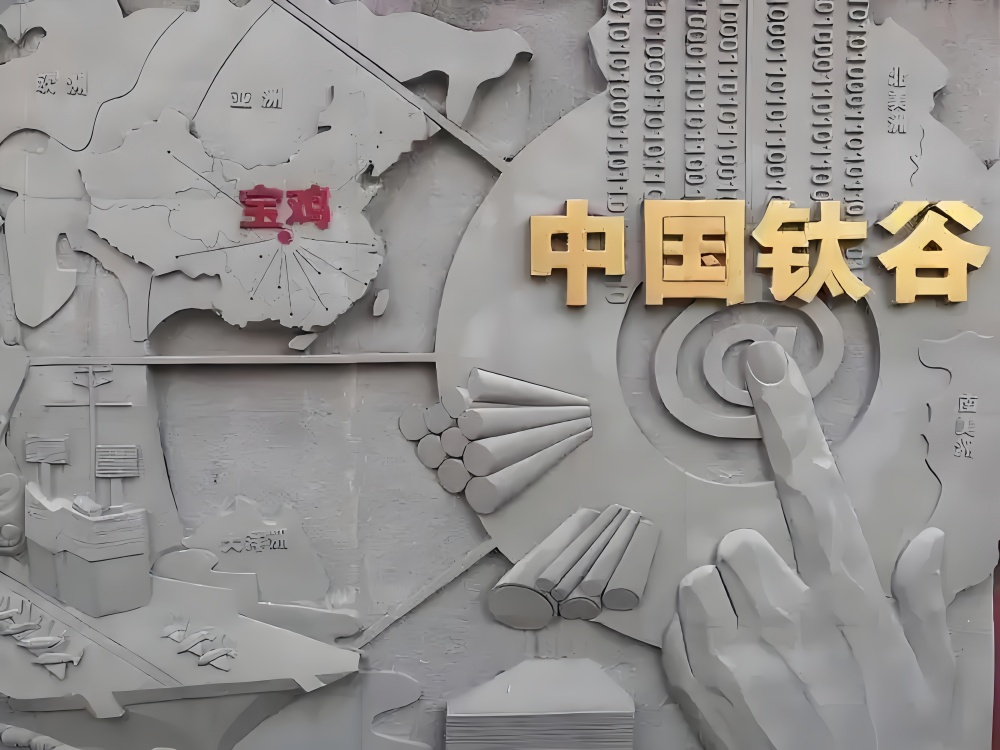
After nearly 70 years of development, Baoji's titanium industry has formed a complete industrial chain from sponge titanium to titanium deep processing products. More than 600 titanium industry chain related enterprises, the annual output value of more than 100 billion yuan, Baoji can produce more than 300 brands, more than 240 varieties, more than 5,000 kinds of specifications of titanium and titanium alloy products. Known as "China's titanium Valley", titanium production accounts for 95% of the domestic high-end market, 65% of the national production, accounting for 33% of the world's production. From daily tableware, eyeglass frames, medical dental implants, to the "Shenzhou" flying, "Chang 'e" moon landing, "struggling" sea exploration, whether it is a "big country heavy equipment" or daily supplies have Baoji titanium figure.
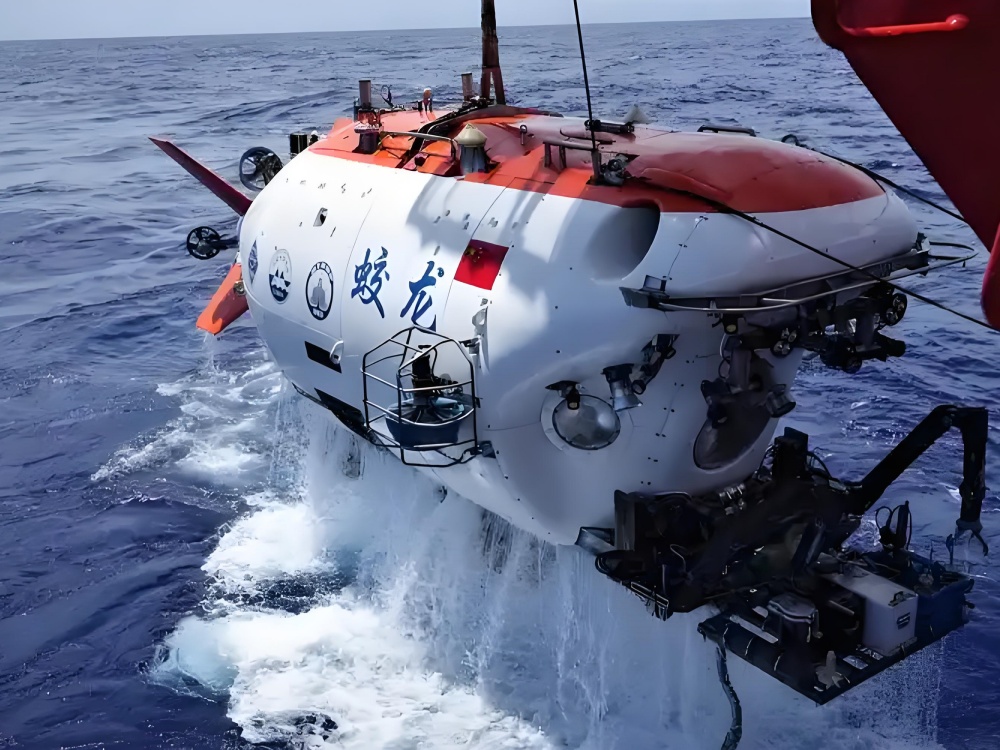
Baoji will continue to strive to build a world-class titanium industry innovation ecosystem. By the end of 2025, Baoji titanium and new materials industry strives to achieve the "1151" development goal, that is, the titanium processing capacity reaches 100,000 tons, the total output value of titanium and new materials industry cluster exceeds 100 billion yuan, the listed enterprises reach 5, the high-level talents reach 100, and promote the high-end, intelligent and green transformation of titanium and titanium alloy industry.
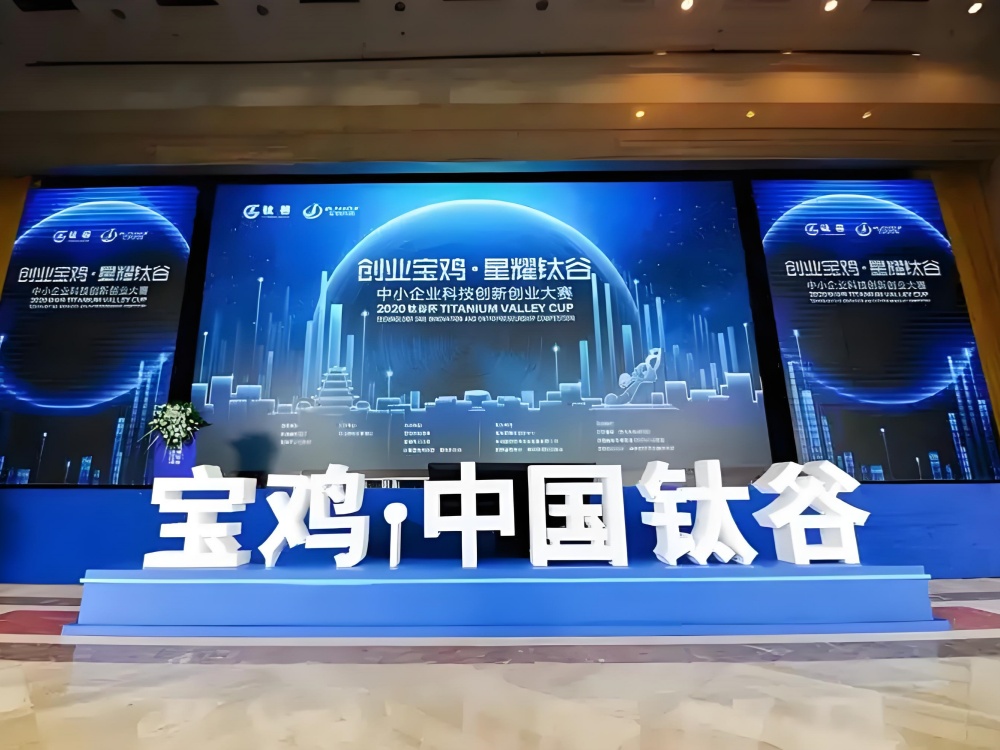
In the future, with the support of national policies and the growth of market demand, Baoji's titanium industry is expected to usher in new development opportunities. With the joint efforts of the government and enterprises, "China Titanium Valley" will play a greater role on the world stage.